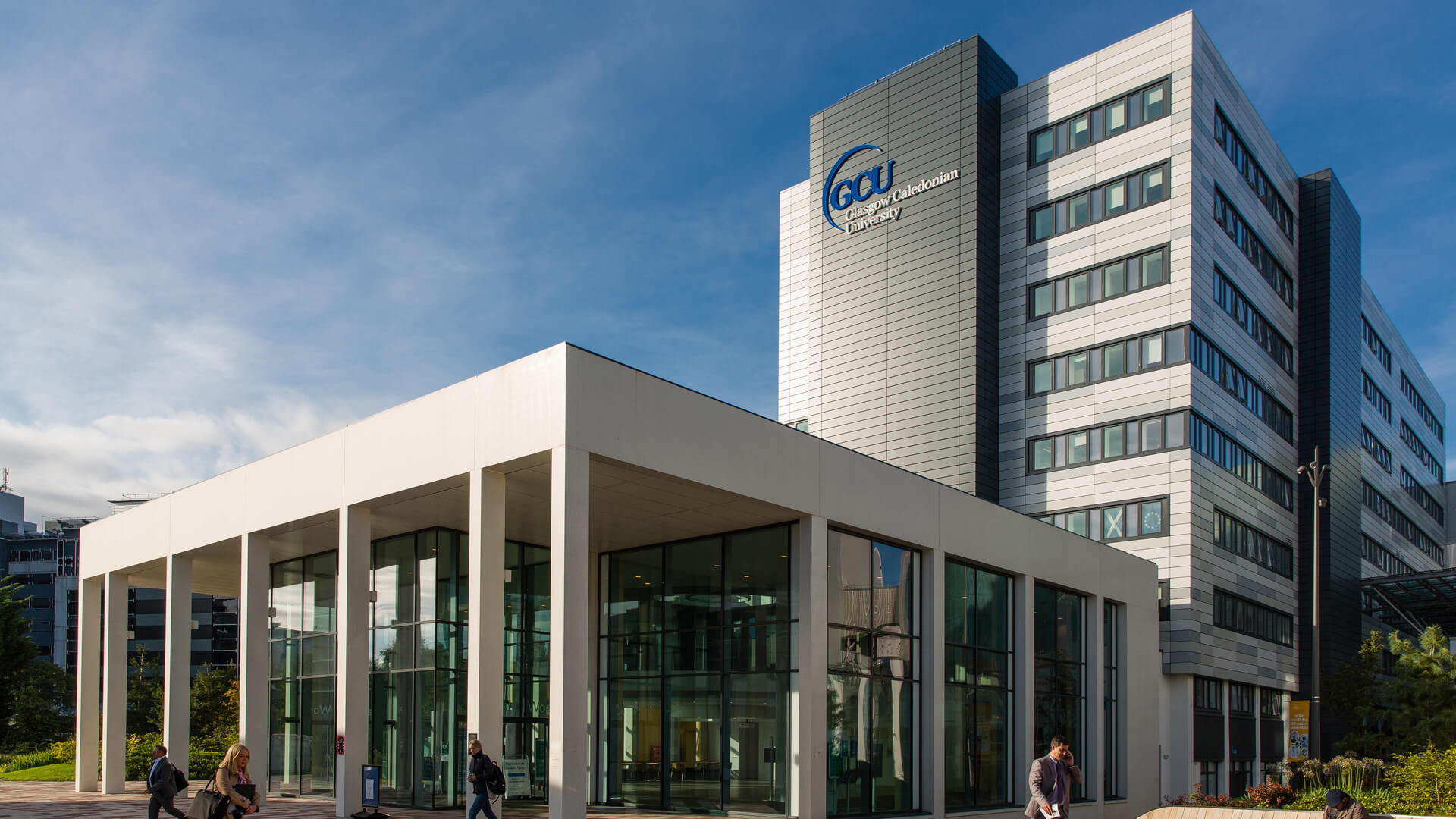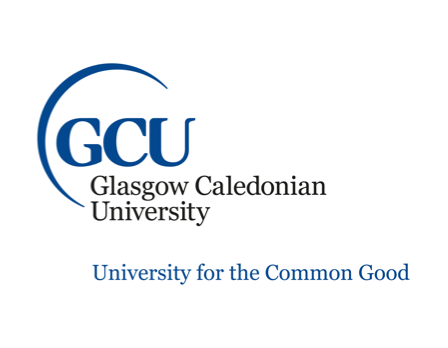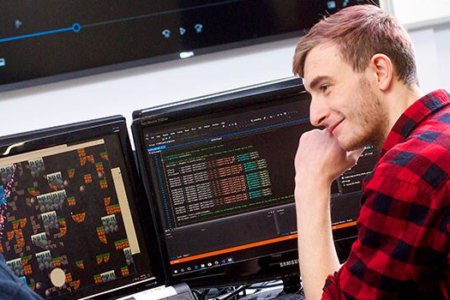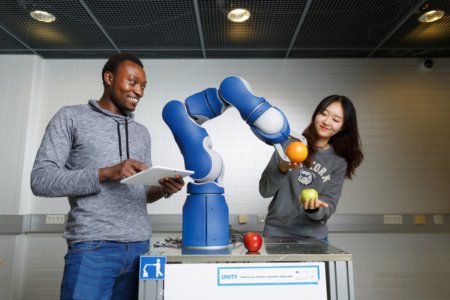An excellent education is nothing without proper support –– a fact Glasgow Caledonian University (GCU) in Scotland knows well. They are renowned for offering both. Across levels and subjects, every student here is nurtured, guided and inspired to reach their full potential.
A world-class lineup of educators that insist on open-door policies makes it possible. Personal tutors further enhance the experience by instilling the importance of academic reflection and developing personal and professional skills.
The most technical programmes require far more, which is why GCU’s School of Computing, Engineering and Built Environment houses a Learning Development Centre that fills the gaps. The centre is staffed by a team of Academic Development Tutors with a world of experience in specific areas. Interaction is offered through one-on-one sessions or in small groups.
Here, students add to their toolkits by strengthening their weaknesses, ranging from academic writing, English for academic purposes, mathematics, ICT, and general study skills such as time management and effective exam preparation.
Pathways to enjoying these perks are numerous, yet each is unique in its own way. The School of Computing, Engineering and Built Environment boasts an expansive list of academic offerings, constantly updated to remain in line with what the industry wants and needs.
The MSc Applied Data Science in Engineering is a new addition. It aims to contextualise Data Science and Data Engineering to equip mechanical, electrical, control and instrumentation engineers with the expert knowledge and practical skills they will need to use data. With this competency, they master the ability to engineer intelligent support solutions.
The same rigour is offered to aspiring undergraduates as well. The BSc (Hons) AI and Data Science is a popular choice for various reasons. It teaches students to manage, explore, analyse, understand, and visualise image, text, or numerical data. Then, they begin applying these skills to solve challenges in many booming areas such as autonomous vehicles, financial decision-making, health diagnosis, or robotics. The programme equips them with a suite of technical skills, such as software development and machine learning.
The school also offers a BSc (Hons) Computing, BSc (Hons) Cyber Security and Networks, BSc (Hons) Environmental Management, BEng (Hons) Electrical Power Engineering, BEng (Hons) Electrical and Electronic Engineering, and BEng (Hons) Mechanical Engineering.
Across programmes, career services play a crucial role in boosting graduate employability. The School’s Career Advisers are available all year round to ensure current students and graduates are ready to thrive in their respective fields. Interactive tools are plentiful, such as cover letter and CV builders, interview simulators, a company directory, practice psychometric tests, and aptitude exams.
To promote career readiness, the School of Computing, Engineering and Built Environment leverages its growing list of relationships with employers. These links make it easier for graduates to land rewarding jobs and for students to enjoy experiential, credit-bearing placements. The latter allows students to plan their future careers while applying what they learned at GCU.

Source: Glasgow Caledonian University
Mechanical Engineering student Elmergue Germano confirms this, stating: “While my placement helped me clarify my career goals, I could use some of the skills learned in class in a work setting, particularly ones from Engineering Design and Analysis and Manufacture and Materials modules.”
“I will definitely recommend an industrial placement to any student because you get to put into practice what you are being taught in the University,” Oyin Odukudu, graduate from GCU’s Electrical and Electronic Engineering Department, says. “You will also get an idea of what a working environment is like. It also makes you stand out when applying for jobs after your University degree. You will also get to meet new people and socialise with professionals and students from various other fields.”
Other opportunities available to GCU students include semester-long placements, summer internships, summer intensive courses, and shorter stints such as a week in Europe.
Computer-Aided Mechanical Engineering student Aidan Weeks got to spend seven fruitful days at Saxion University in Enschede –– an opportunity he summed up as “amazing”.
“I thoroughly enjoyed my week there and, most importantly, my project,” he enthuses. “I had the chance to work with an industrial client in calculating the power output of solar panels with various angles to the sun. I would strongly recommend anyone contemplating whether to go or not that they should. It’s a once in a lifetime opportunity that will look fascinating on your CV.”
Follow Glasgow Caledonian University on Facebook, Instagram, Twitter, and YouTube













